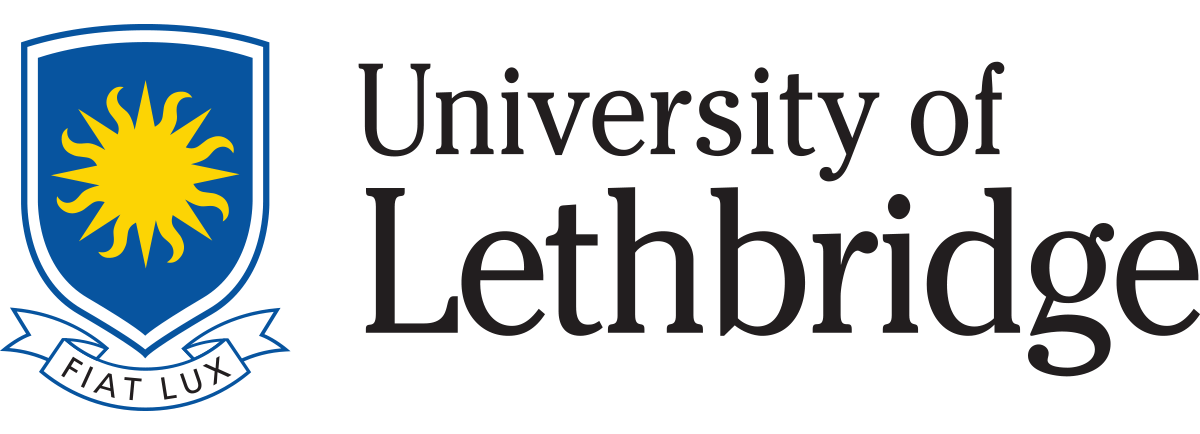Lectures and labs offered each semester. The aim of the course is to introduce fundamental evolutionary principles during the start of the semester and then use these principles to examine the biodiversity and systematics of key components of the eukaryotic Tree of Life.

